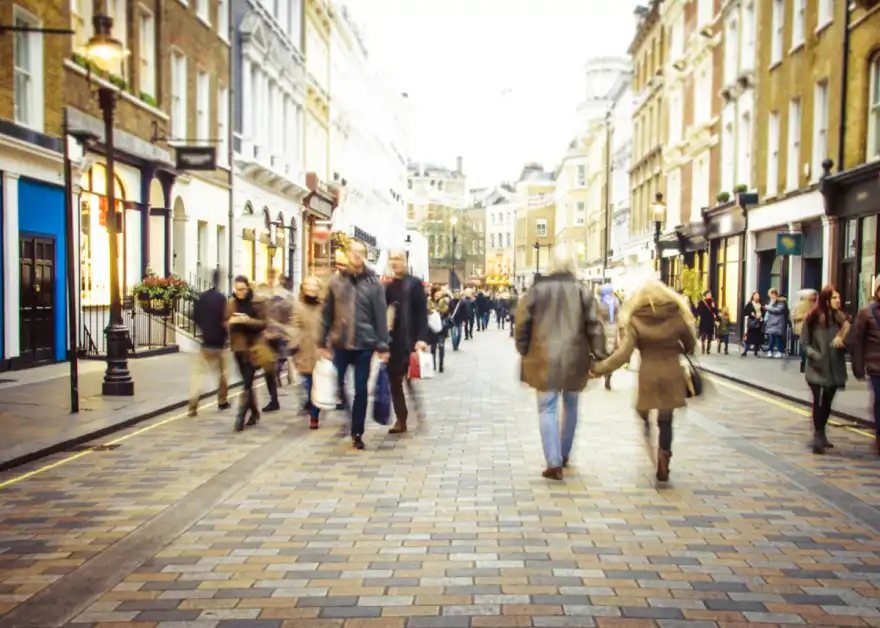
At the recent Conservative Party conference in Manchester, Prime Minister Rishi Sunak set out a series of measures that he wanted to implement to ‘slam the brakes on the war of motorists’.
This has been driven by recent controversies, including the 20mph urban speed limit introduced across Wales, and ULEZ restrictions that have forced many to sell their older cars.
Among the topics brought up by Sunak included 15-minute cities. It’s an idea that has been on the agenda for several years, and which some motorists are particularly against. But what are 15-minute cities and what could their impact be?
What are 15-minute cities?
The term ‘15-minute city’ was coined in 2016 by French professor Carlos Moreno. It is essentially an urban planning concept and one that revolves around the idea that everything a person needs should be within a 15-minute walk or cycle from any point in the city.
This includes all aspects of a person’s life, from work to education to shopping and even healthcare.
Why have 15-minute cities gained relevance?
During and since the coronavirus pandemic, when many spent more time exploring their local area than ever before, the idea of 15-minute cities has really gained prominence, as there’s a greater belief that more amenities should be on your doorstep.
It’s also seen as a positive way of reducing pollution by reducing the reliance on cars and even public transport, as walking or biking would become the most common form of transport.
Are there plans to introduce 15-minute cities?
Yes, the idea of 15-minute cities has become a popular idea in some particular areas. Oxford’s city council, which is known for its approach to reducing carbon emissions, has set out a vision already for it to become a 15-minute city by 2040 as part of a 20-year plan. Oxford has become the centre of this entire topic.
However, it’s not only Oxford that is looking to implement the ideas, as other areas including Bristol, Birmingham, Canterbury and Ipswich have also expressed the desire. The idea has predominantly been popular with Labour councils.
Why are 15-minute cities controversial?
It’s that last point that explains why 15-minute cities have become so controversial. While not a policy adopted nationwide by Labour, it is generally a more left-leaning approach to curbing pollution.
It’s a point the right wing and Conservatives have focused upon, and has become more of a political debate than a social one. In fact, conspiracy theorists have jumped on the idea, with some believing that councils are using it to ‘control’ what people can and can’t do.
Speaking at the Conservative Party conference, Transport Secretary Mark Harper said he was ‘calling time on the misuse of so-called 15-minute cities.’
Will 15-minute cities impact motorists?
The entire idea of 15-minute cities is to reduce the number of privately owned cars and their usage, both to reduce traffic but also pollution. In a nutshell, they will impact motorists.
However, despite online conspiracy theorists, the idea of a 15-minute city is not to trap people within the radius, with people having full freedom to travel further afield. Depending on the implementation, there is nothing to suggest that cars would be banned in 15-minute cities, rather there will just be more reasons to not use your vehicle if everything is on your doorstep.


